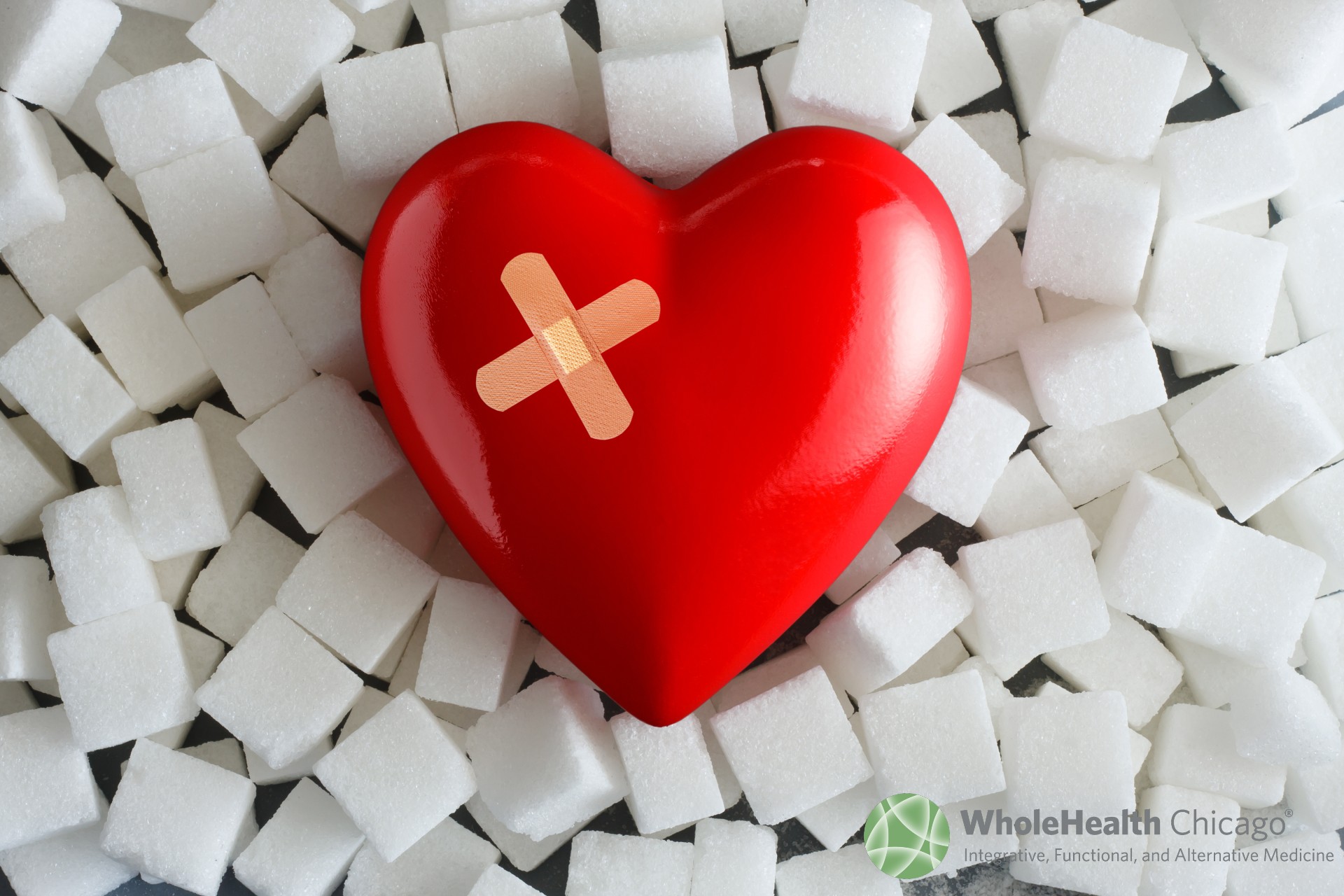The (alleged) BIG NEWS in health care last week, that spread through CNN, Prevention Magazine, NYT, Journal of the AMA, etc. etc., was the publication in the Journal of the American College of Cardiology which compared the cholesterol lowering effect of statins to those of several nutritional supplements (cinnamon, fish oil, garlic, red yeast rice, turmeric and placebo).
Conclusion: Respected physicians (who do acknowledge at the end of the article having received funding from Big Pharma) tell you statins work much better than supplements at lowering LDL cholesterol.
But the human body is much more complicated than taking a pill (the statin), watching your cholesterol drop, and expecting heart-attack-free longevity as a result. After all, we manufacture cholesterol ourselves, and we do need some to make our hormones, line our cell walls, sheathe our nerves (especially our brains), and assemble neurotransmitters (serotonin, dopamine). A very careful analysis about taking statins for longevity once showed that a doctor needed to give one hundred of her otherwise healthy patients over age 50 a-statin-a-day for five years to prevent one single heart attack.
Real Heart Disease Prevention is Not Cholesterol But Sugar
If there is a real dietary villain when it comes to heart disease cause and effect, it is sugar in all forms but especially high fructose corn syrup, along with refined white flour because flour converts to sugar when we digest it.
These two, sugar and refined white flour, will specifically raise your LDL (“bad”) cholesterol, lower your HDL (“good”) cholesterol, increase your triglycerides (increasing your diabetes risk) and increase your body’s level of inflammation.
Here Are The Tests You Need To Ask Your Doctor About
Instead of the routine “cholesterol level”, ask for an “Advanced Lipid Panel” or “Cardio IQ” (Quest, LabCorp, and others. Out of pocket, it’s less than $200). This test will break down your LDL (“bad”) into “large” and “small” particle size. It is a high number of the “small particle LDL” that is especially risky for heart disease that may need to be treated with statins. “Large” particle LDLs are actually protective.
Also on these tests, are two genetic risk markers Lipoprotein(a) <Lp(a)> and Apoprotein(b).
Lp(a) is a protein that “carries” cholesterol, and elevated levels are a risk factor for heart disease. Treatment is the B vitamin, niacin, and reducing the saturated fat in your diet.
Apoprotein B is another cholesterol carrier, another risk factor for heart disease and stroke, and lowered by avoiding saturated fats in your diet
Other tests you want ordered for complete heart disease prevention:
- Marker of your body inflammation: hsCRP (“high sensitivity C Reactive Protein”).
- Marker for pre-diabetes: HbA1c (‘hemoglobin A-1-c’) blood sugar average over past 3 months).
- Plasma homocysteine level (high levels increase heart disease and stroke risks).
- Fasting insulin levels (measures predisposition to diabetes and insulin resistance, both increasing heart disease risks).
One final diagnostic test if you have high cholesterol, have a family history of early heart disease, or have high blood pressure is to get the last true bargain in health care. Offered at any of the Advocate Hospitals, you can get a CT of your heart which looks for deposits of calcium. Out of pocket $50. Read about it here. Call 1-800-3-ADVOCATE to schedule.
I’d like to close with some comments about that well publicized study bashing nutritional supplements as treatments to lower cholesterol that I referred to earlier.
First, heart disease prevention is far more complex than just lowering cholesterol. These researchers, each of whom receives funding from one Big Pharma company or another, seems far more intent on keeping the public away from supplements than trying to prevent heart disease.
Second, some of the supplements the researchers chose (garlic, cinnamon, turmeric, red yeast rice) are not even used by nutritionally oriented practitioners to lower cholesterol. Cinnamon is used for diabetes. Turmeric and fish oil are anti-inflammatories. Red yeast rice has the same mechanism of action as a statin, but the dose used in the study was much lower than used in clinical practice so it was bound to fail. Some people use garlic for immune strengthening, others for blood pressure. I haven’t prescribed it in years.
In other words, before you toss out your supplements because of what you read in a Big Pharma sponsored research paper of dubious merit, do some research yourself and…
Be well,
David Edelberg, MD

I was intuitively skeptical when reading the statin versus supplements article, but could not articulate why I should feel this way. Your article update was very helpful in giving factual grounding to my gut reaction. Thanks!
Bill Gee
Hi Bill,
Thank you for sharing your thoughts on this!
WholeHealth Chicago
In the bottom of this article, is Dr. Edelburg saying he hasn’t prescribed garlic in years?
David Vinson
Great article Dr E!
Appreciate that you keep your patients informed about such important matters and add the list of bloodwork, where to get a heart scan etc.
Lynn Stege
Thank you Lynn.
WholeHealth Chicago